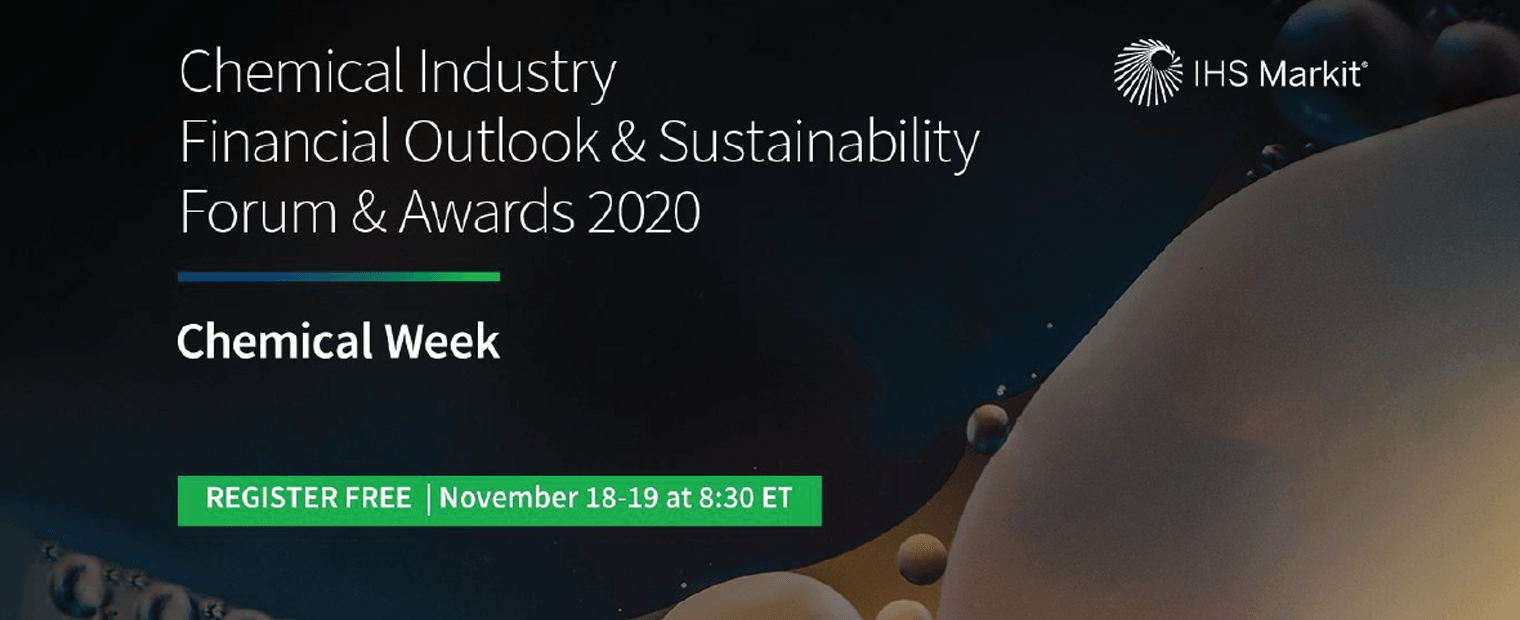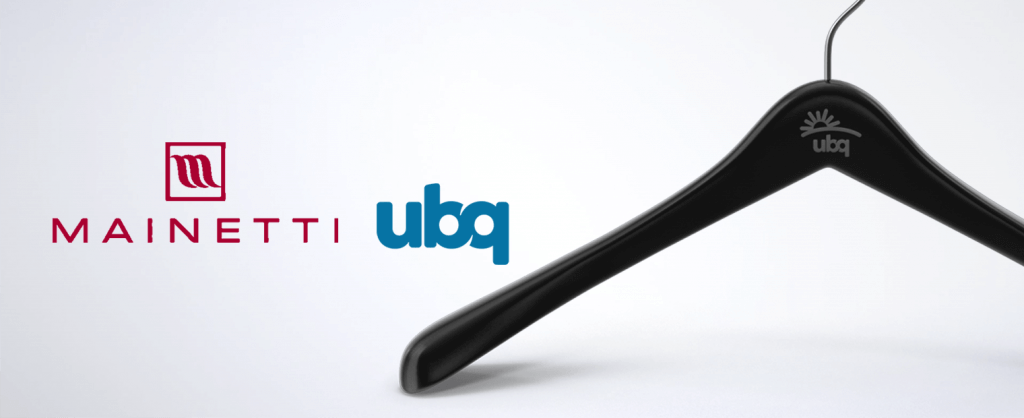UBQ is thrilled to announce it has been named as a finalist in the category of Best Sustainable Initiative for the Chemical Week Sustainability Awards. Winners will be announced at Chemical Week’s online Financial Outlook & Sustainability Forum from 18–19 November.
To determine who would be included in the shortlist, a panel of 10 judges assessed how each applicant was incorporating sustainability into operations, product development, and strategic planning. Considerations included ambitious and innovative chemical recycling technologies, the increased use of biobased raw materials, stringent standards around sustainability reporting, and a growing awareness of the importance of diversity and inclusion.
Being shortlisted for a much-coveted sustainability award recognizes and validates UBQ’s creativity and innovation while celebrating best-in-class global sustainability initiatives. UBQ is honored to be the only startup among the shortlist, side by side with larger organizations.
UBQ’s Contribution to Sustainability
A world without excessive waste may be seen by some as a pipedream, but UBQ continues to be confident it is an achievable reality. To reach its goal of a future where plastic is fully circular, UBQ looks to the untapped potential of trash, a long-time focus of environmentalists who believe a linear economy model of disposable products is no longer sustainable.
We believe there’s no reason for businesses and manufacturers to choose between profit and sustainability. UBQ’s globally patented, climate-positive process and material is cost-competitive with other thermoplastics, does not require significant investment in new equipment, and seamlessly integrate into existing plastic manufacturing infrastructure. Its production embodies everything possible in a circular economy approach where growth is redefined and positive society-wide benefits flourish.
The UBQ process transforms household waste—everything from yogurt containers to chicken bones and cardboard—into an eco-friendly thermoplastic composite. The climate-positive material can be used to produce a range of everyday goods and has already been used in the manufacturing of piping, shopping carts, bricks, automotive parts, and trash cans. It’s also a sustainable substitute for concrete and wood in the manufacturing of thousands of products. Best of all, the resulting bio-based materials are 100 percent recyclable.
The UBQ Award-Winning Process
UBQ is no stranger to awards. The company has been rewarded for its leadership and innovation and UBQ Material has received recognition as a world-changing idea.
UBQ is not a plastic treatment or recycling process. Rather, it deals with the municipal solid waste (MSW) crisis as a whole. Unlike traditional recycling, it uses the entire waste stream and requires no separation except for metals and minerals which have high recycling values. The result? A truly circular model yielding zero waste.
The ability to convert organic household waste into sustainable bio-based material makes the UBQ process a novel, climate-positive approach that’s clean, recyclable, and cost-effective. We’re proud and honored our innovative process has been designated “the most climate-positive thermoplastic currently on the market” by Life Cycle Assessment auditors Quantis.
Achieving a truly circular economy requires innovative solutions that are better for people, the planet, and profits. Groundbreaking technologies and products like UBQ make it possible to responsibly manage MSW. To make the biggest impact, more facilities must be established around the globe so that more MSW, particularly local waste, can be handled. It’s what UBQ sees as the most beneficial solution to waste problems throughout the world and particularly for underdeveloped countries that do not have recycling systems in place.
With just slightly less than a decade left to reduce global warming levels in accordance with the 2030 Agenda, a zero-waste approach is one of the fastest, cheapest, and most effective ways to reduce human-produced emissions and accelerate the transition to a circular economy. Along with providing job opportunities for local markets in underdeveloped countries (and eliminating young children collecting garbage), UBQ’s solution simultaneously tackles two of society’s biggest challenges: the ever-increasing amount of plastics manufactured and the ever-growing amount of discarded waste. In doing so, it enables the transition into a fully circular economy, one in which waste is no longer wasted. Innovation and sustainability in MSW management have never been more exciting!


